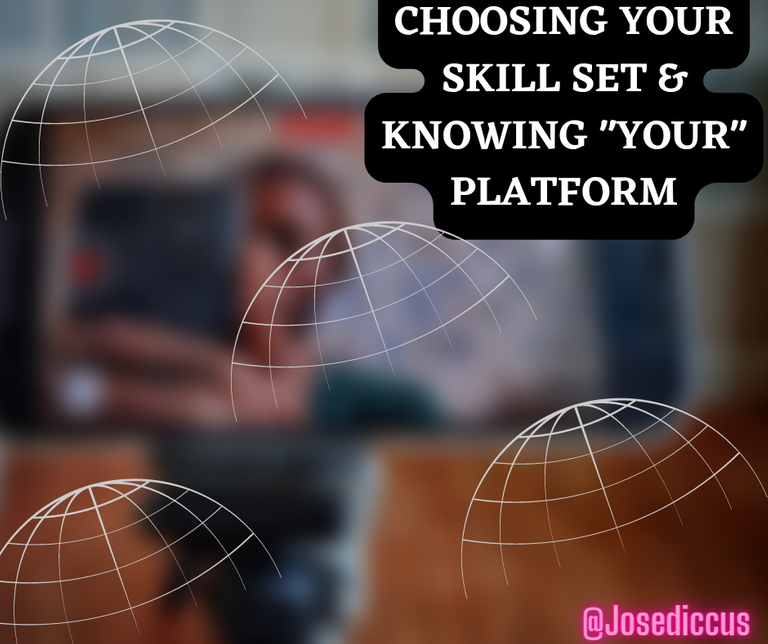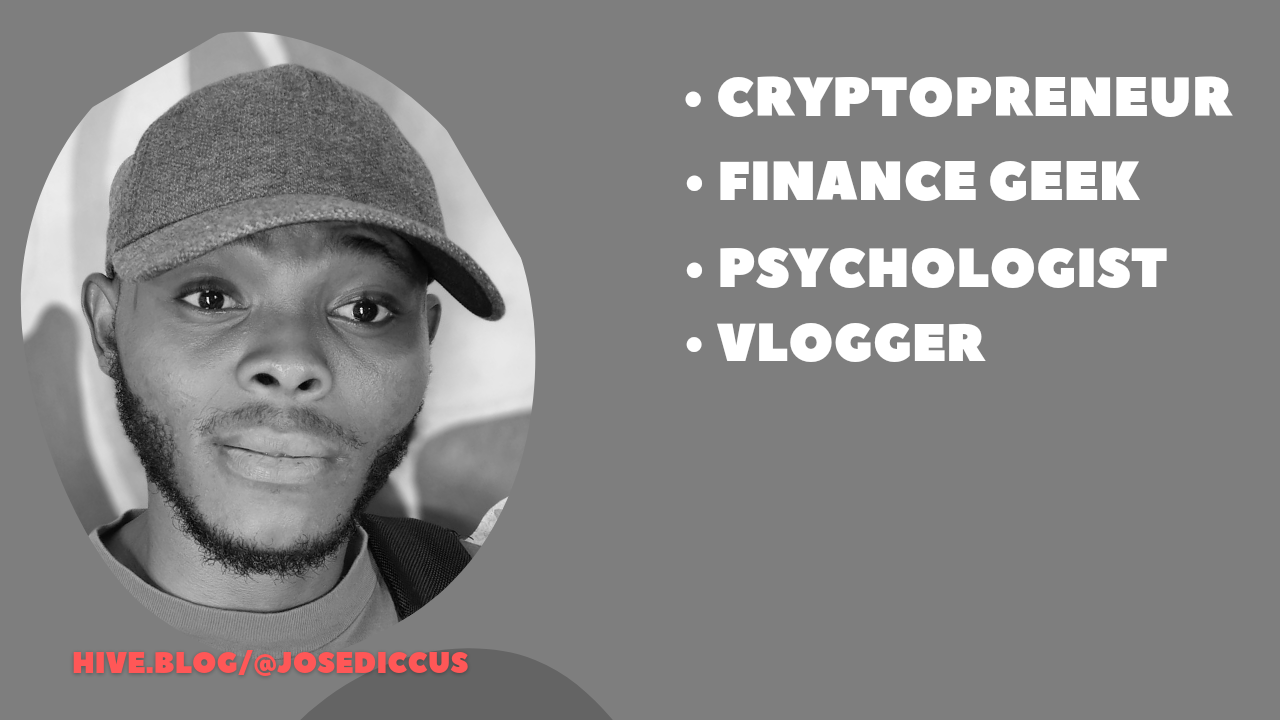
I was talking to a friend of mine recently about having no tangible real-time skills. I couldn't play the guitar, paint an art, solve mathematics, do carpentry work, neither do I have any engineering nor mechanic skills. These were skills that could fetch you a lucrative job back in the days if you could back it up with a degree. Fast-forward to 2022, education has become very expensive, acquiring a degree means you'll need other knowledge to put food on your table.
He However pointed out that I had good oratory skills, my writing skills too were good. I had these fringe skills back in the days, and it was difficult to find a platform to showcase them. One of the reasons why Africa as a whole might still be backward is not recognizing digitization as a game changer. The truth is, most real-time economy is static, they provide opportunities for skill sets that are only relevant for the moment and ignore bringing online skills to the table being that the aspect of job seeking and money making is becoming interestingly dynamic.
Economically Implosive?
The way the Nigerian economy is structured, many people who are dependent on educational skills to thrive will implode. This is because originally Nigeria has no platforms, people who have skills turns entrepreneurs with little or no funding. The economy is fashioned to take from the poor and give to the those in power, in form of a reverse "Robin Hood".
One of the reasons why in anti-education/degree in Nigeria is because the essence of education in Nigeria is to milk people of their hard-earned money rather than impact them rightfully, then provide a platform for those that have excelled in their field. Take a look "microbiology" for example, it's an expensive course of study that's often given to students who fail to cut it in medicine or pharmacy. Originally Nigeria does not have any need for "micro" education.
Real Or No Use Cases?
There are no firms in Nigeria focused on production of anything on a "Micro" scale, but they offer these courses to milk people, rather than provide alternatives. It's pathetic that people are dependent on the government for platforms, when people begin to understand that education is a money making venture, they will discover that have digital skills is a more use of one's time than having skills that are aligned to solving problems in an economy that hardly provides opportunities for those given skills and profession.
Back to the concept of skills, I feel the world has been realigned, it's constantly changing and the people who would remain wealthy are those that understand the need of people on a massive scale, how these needs changes overtime and then caters for them appropriately. In the world nowadays you don't need skills to be rich, all you need are multiple platform of expression, understanding the dynamics of digitization, focus on the prospects of the internet and finding your place.
This isn't to say many wouldn't make it through the real-time system what I am saying is how many people would? We don't need telescopes to understand that the world is unfair in the distribution of opportunities and resources. People in different places have different need and different skill sets but placed in different geographical location.
The world being huge alone makes it difficult for global interaction especially for the purposes of commerce and when you take a look at how the internet has bridged this gap you'll understand that the concept of commerce is being revolutionized which will change lives in ways which narrow-minded government system and structure have been unable to. I used to do a lot of "crowdsourcing" in the past.
Meet the needs of people by providing them with my online presence and efforts, and I was paid for them, inasmuch as it wasn't life-changing money, how would I have been able to earn it if I didn't reckon with the fact that the internet in itself is a platform?
Keying To The Richness Of The Internet
Essentially the richness of the internet has allowed people to find their place, a platform and even had the opportunity to monetize them. Take a look at crypto, it's vast to the extent that it thrives on the adoption of people to continue gaining attention and traction.
The way the technology works contradicts so many laws of economics, proving that knowledge garnered from education can be static, but the evolution of technology is more likely to change the lives of people financially. With crypto, so many people have done the unthinkable, established themselves, rather than align themselves to the hierarchical valuation in the economic system of their country.
For example, being disabled might mean that a person has lost their economic value in real-time, but this aspect is being redefined by the internet and crypto to prove that anyone with a brain can change the narrative.
Interested in some more of my works?
A Personal View Into The Meaning Of Spirituality (ecoTrain QOTW)
Why You Couldn't Create Good Contents In 2021, Why You Still Wouldn't In 2022.
A Psychoanalytic Dive Into Incentivized Loyalty
The Nigerian/African Disposition On Marriage As An Endowment
Living & Living Unintentionally (The Financial Repercussion)

@Josediccus, your brother-in-pen & heart
I'm hoping to reach more people who are broken at heart and spirit, so share on any platform or reblog
My Twitter handle
Posted Using LeoFinance Beta